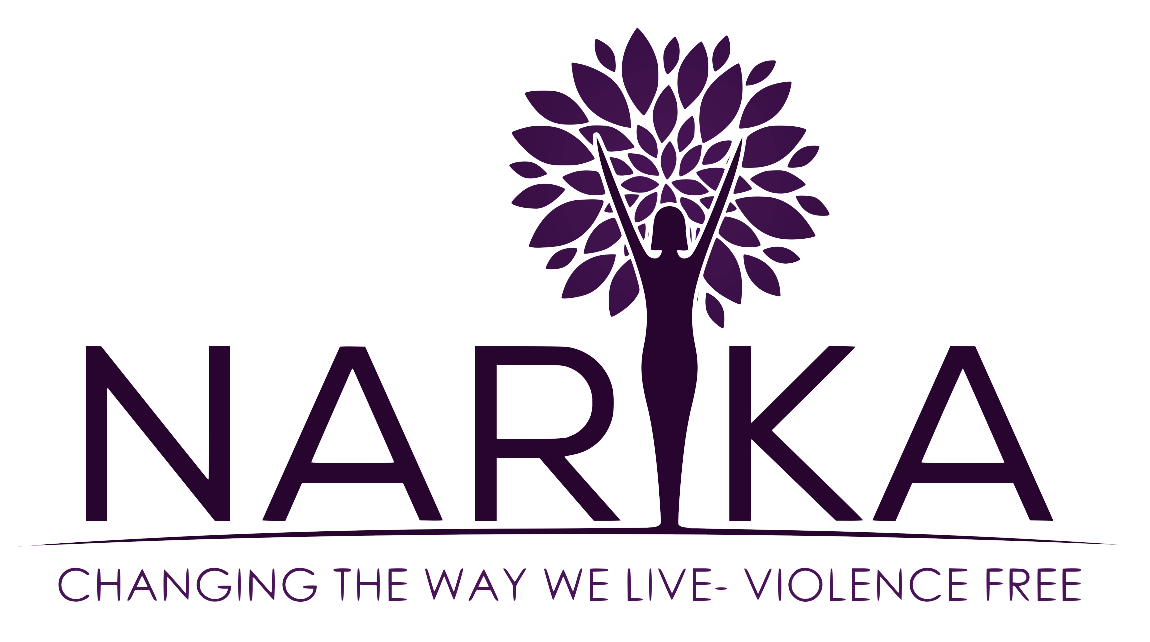Coercive control is an abusive dynamic that incorporates intimidation, microregulation, humiliation, and manipulation to ultimately exert control over an intimate partner and rob them of self-determination and liberty. Clinically, coercion differs from “normative” controlling behavior both in that the former attempts to rob an individual of liberty in vulnerable domains but also because the perpetrator does not allow for negotiation or resistance, or alternatively, any type of resistance results in chronic and harmful retaliation and increased coercion. This lecture will cover key tactics of coercive control as well as a brief overview of traumatic consequences including posttraumatic stress symptoms and trauma bonds. At the conclusion, viewers will have a solid grasp of coercive control tactics and how abusers use such tactics to disempower their victims. Intersectionalities of gender, sexuality, religion, and culture will be incorporated throughout.
This event is for domestic violence advocates/caseworkers and related service providers.


